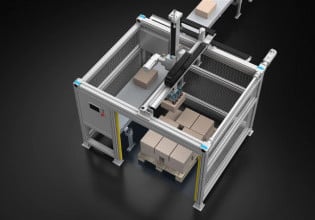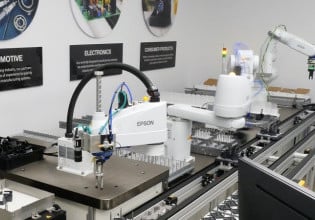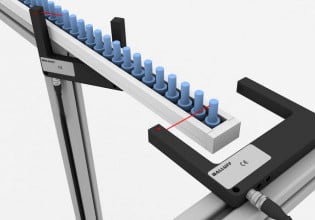M
Hi Guys,
I'm a BOP commissioning engineer and I'm working for the first time with the ABB 800XA DCS (as you'll figure it out I'm still young in the job). I'm kind a lost with ABB PID tuning parameters.
Does Kp = Proportional Band or is it Kp = 100/Pband ?
Is Ti repetition/second or is it second/repetition ?
(Compared to Foxboro parameters)
I've tried to tune with both and doesn't really seem to fit.
Thanks for tour help.
I'm a BOP commissioning engineer and I'm working for the first time with the ABB 800XA DCS (as you'll figure it out I'm still young in the job). I'm kind a lost with ABB PID tuning parameters.
Does Kp = Proportional Band or is it Kp = 100/Pband ?
Is Ti repetition/second or is it second/repetition ?
(Compared to Foxboro parameters)
I've tried to tune with both and doesn't really seem to fit.
Thanks for tour help.






